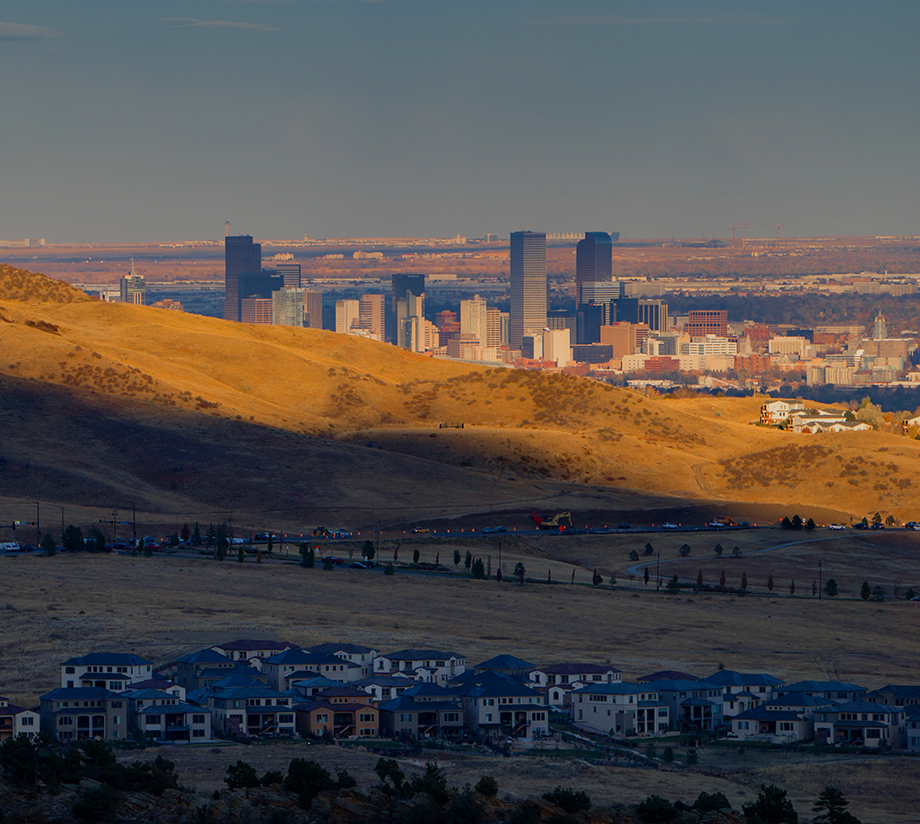Types of Commercial Driver’s Licenses in Lakewood, CO
If you want to drive for a living, you’ll need a commercial driver’s license (CDL). But you might not realize that states have different types of CDLs. In Colorado, there are three different types of CDLs to consider. Here’s a little bit about each type.
Class A CDL
A Class A CDL lets you drive a combination of vehicles with a gross vehicle weight rating (GVWR) of 26,001 or greater. Driving a “combination of vehicles” means you’re driving a vehicle that’s towing another. If the vehicle you’re towing weighs over 10,000 pounds, you need a Class A CDL.
Here are some examples of vehicles you’d need a Class A CDL to drive:
- Trucks and trailers
- Semi-trucks
- Tankers
- Livestock carriers
- Flatbed trucks
A Class A CDL is the most demanding CDL you can apply for. If you start driving a tractor-trailer or similar vehicle and don’t know what you’re doing, you could potentially cause a devastating car crash.
One notable thing about CDLs in Colorado is that a higher class of CDL lets you drive vehicles in lower classes. For example, if you have a Class A CDL, you can legally drive Class B and Class C vehicles in addition to Class A vehicles. If you have a Class B license, you can also drive Class C vehicles.
Class B CDL
A Class B license sounds like a Class A license at first — it lets you drive a vehicle with a GVWR of 26,001 or more. If that vehicle tows another, the towed vehicle can’t be over 10,000 pounds.
Here are some examples of vehicles you need a Class B CDL for:
- Large buses (including city buses and tourist buses)
- Box trucks
- Dump trucks
- Smaller tractor-trailers
Essentially, a Class B CDL lets you drive either a single large vehicle or a relatively light combination of vehicles. A Class A CDL is for heavier combinations.
Class C CDL
A Class C CDL lets you drive single vehicles with a GVWR of 26,000 or less. It’s a bit of a catch-all classification in that it includes vehicles that don’t meet the requirements for Class A or Class B vehicles but can transport 16 or more people (including the driver). This type of licensing helps protect passengers from being injured by negligent drivers.
How Do You Get a CDL in Colorado?
Before you can officially be granted a CDL, you need a few types of documentation:
- A valid Colorado driver’s license (a Class R license or the type of license you need to drive a regular car)
- Identification that shows you are at least 18 years old and are legally present in the country
- Your Social Security number
- A completion form that shows you have completed the road skills test
- A Department of Transportation (DOT) medical card showing that a physician has cleared you to drive — this card ensures that you don’t pose a high risk of accidents related to medical conditions
Before taking a road skills test, you must pass the relevant written tests for the type of CDL you’re applying for. The Colorado Department of Motor Vehicles (DMV) has a Commercial Driver Handbook to help you prepare.
Taking the First Steps To a New Career As a Commercial Driver
Getting any type of CDL in Colorado is more involved than getting a regular license. But taking the time and effort is well worth it. Once you’ve chosen a type of CDL and met all the necessary qualifications, you’ll be well on your way to an exciting new chapter of your life.
Contact Our Lakewood Truck Accident Law Firm For Help Today
If you’ve been injured in Lakewood, CO, and need legal help, contact an experienced truck accident Lawyer at Matos Personal Injury Lawyers to schedule a free consultation.
Matos Personal Injury Lawyers – Lakewood Office
550 S Wadsworth Blvd, Suite 300, Lakewood, CO 80226
(720) 912-7274
Hours: Open 24 hours daily
